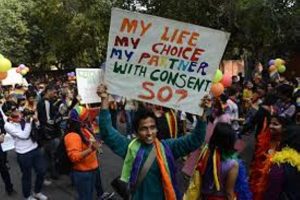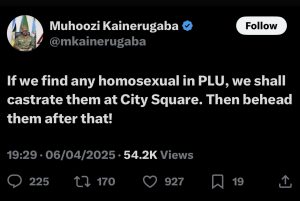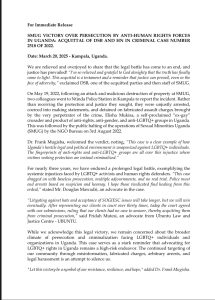 Following the announcement that India’s Supreme Court will consider lifting the ban on gay sex, the Indian government has been urged to formally declare its support for the rights of LGBT people.
Following the announcement that India’s Supreme Court will consider lifting the ban on gay sex, the Indian government has been urged to formally declare its support for the rights of LGBT people.
On Tuesday, the court agreed to review its 2013 ruling upholding the criminalisation of homosexually. Human Rights Watch responded to the welcome news by calling on the Indian government to file an affidavit with the court to set aside the “sodomy” law.
“The Supreme Court has provided real hope to LGBT people in India by agreeing to review its 2013 ruling that favoured discrimination over equal rights for all,” commented Meenakshi Ganguly, South Asia Director at Human Rights Watch.
“The Indian government should seize the opportunity and weigh in to make clear that discrimination, harassment, and other abuses of LGBT people have no place in contemporary society.”
Section 377 of the Indian Penal Code, which makes it illegal to be gay and carries penalties including life imprisonment, was initially repealed in 2009 by the Delhi High Court but in 2013 the Supreme Court shocked the world by reversing the ruling.
In addition to its criminalisation, homosexuality is also a social taboo in India. Last month, a 15-year-old boy in the city of Agra set himself on fire after being teased and bullied when a neighbour discovered him being sexually intimate with another boy in a local park.
In April 2015, Mr Gay India was forced to drop out of the Mr Gay World contest after he and his family received threats from the community.
Shortly after, 23-year-old television actress Disha Ganguly committed suicide, reportedly because her family refused to accept her relationship with another woman.
“So long as it’s on the books, section 377 will reinforce the idea that discrimination and other mistreatment of LGBT people is acceptable in Indian society,” Ganguly said. “Human rights and the dignity of LGBT people need to prevail over this terrible colonial legacy.”
Source; MambaOnline




